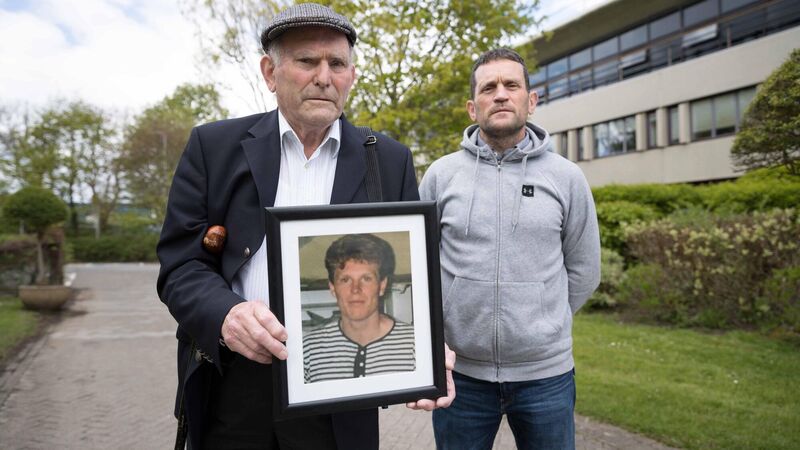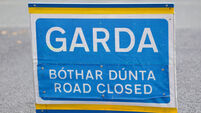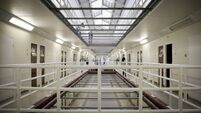Coroner calls for national database of unidentified remains

'If the police in Cornwall were able to contact Mayorstone, why in the name of God did [Galway] not contact Mayorstone? Denis Walsh and his son Michael with a photo of Denis Walsh Jr at the inquest at Galway Coroner's Court. Picture: Eamon Ward
A coroner has called for the establishment of a database of unidentified human remains found in the State, to help assist identify the body parts and return them to their loved ones.
Galway West coroner Ciaran MacLoughlin said this database should be shared across all garda stations and coroners' offices.











